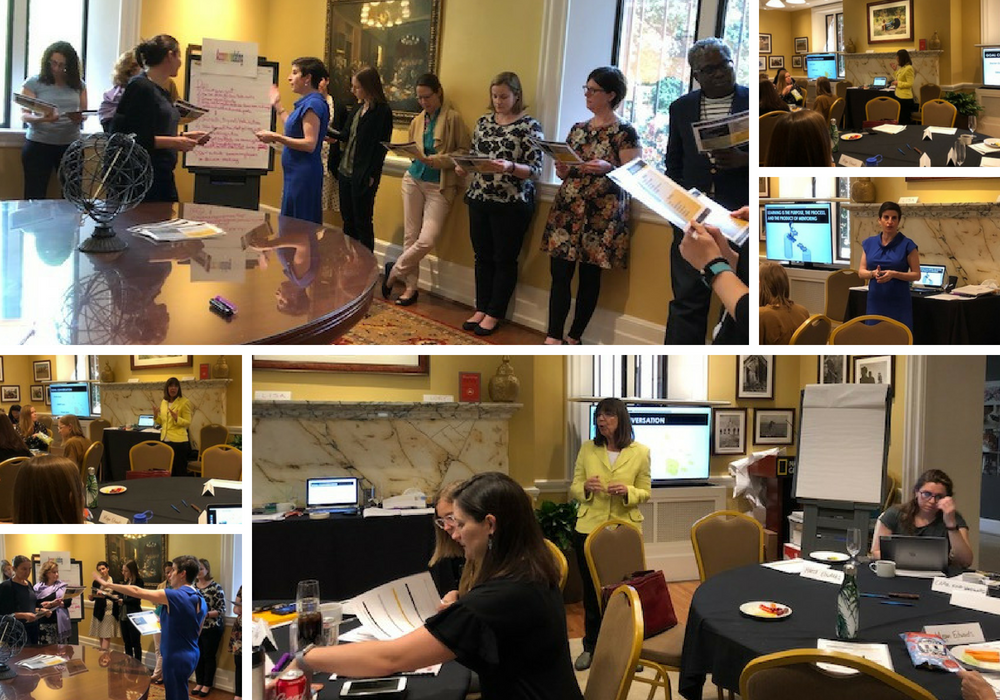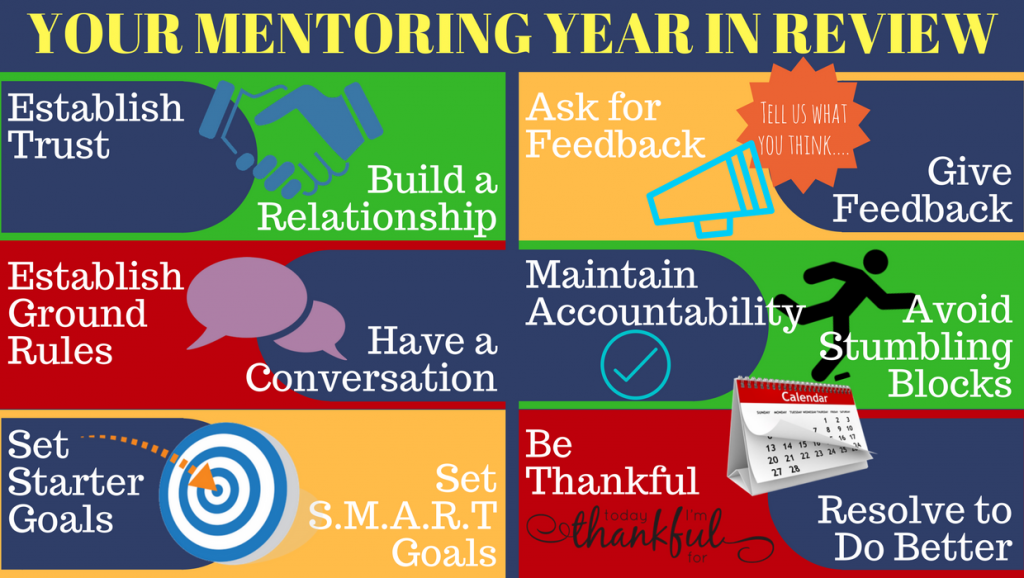by Center for Mentoring Excellence | Jun 30, 2018 | Facilitating Learning, Growth and Development, Mentoring Relationships

By: Art Markman June 15, 2018 (Harvard Business Review)
In almost any business these days, you are guaranteed to interact with people whose cultural background is quite different from your own. In a global organization, you may have colleagues that come from a different country. You may partner with organizations whose employees come from another part of the country. There may also be cultural differences between you and some of the customers and clients you serve.
by Center for Mentoring Excellence | Jun 30, 2018 | Advice for Leaders, Facilitating Learning, Growth and Development, Mentoring Communication, Mentoring Questions, Mentoring Relationships, Mentoring Training, Supporting Mentors and Mentees

By The New York Times Kristin Wong June 12, 2018
Impostor syndrome is not a unique feeling, but some researchers believe it hits minority groups harder.
Last May, I walked into a room of impeccably dressed journalists at a media event in Los Angeles. I tugged on my pilly cardigan and patted down my frizzy bangs.
When a waiter presented a tray of sliced cucumbers and prosciutto and asked, “Crudité?” I resisted the temptation to shove three of them into my mouth and instead smiled and replied, “No, thank you.” I was focused on the task at hand: pretending not to be a fraud among this crowd of professionals.
Ironically, I was at the event to interview someone about impostor syndrome.
The psychologists Pauline R. Clance and Suzanne A. Imes coined the term in 1978, describing it as “internal experience of intellectual phoniness in people who believe that they are not intelligent, capable or creative despite evidence of high achievement.” In other words, it’s that sinking sense that you are a fraud in your industry, role or position, regardless of your credibility, authority or accomplishments.
This is not a unique feeling, and it hits many of us at some point in our lives. But some researchers believe it hits minority groups harder, as a lack of representation can make minorities feel like outsiders, and discrimination creates even more stress and anxiety when coupled with impostorism, according to Kevin Cokley, a professor of educational psychology and African diaspora studies at the University of Texas at Austin.
Read the full article here.
by Center for Mentoring Excellence | Jun 30, 2018 | Advice for Leaders, Facilitating Learning, Growth and Development, Making Mentoring Work For You, Mentoring Communication, Mentoring Relationships, Mentoring Training, Supporting Mentors and Mentees

Posted by: Rick Turoczy (Originally published at siliconflorist.com on July 3, 2012)
Around the time PIE was starting the accelerator phase of this ongoing experiment, David Cohen, cofounder of TechStars, shared the TechStars Mentor Manifesto. And it served as an inspiration for me. A post by Micah Baldwin, a former TechStars mentor, provided a similar nudge for me.
I’m often reminded to go back and reread both of these posts and am inspired, again and again. So I thought I’d take the opportunity to augment the PIE mentor guidance a bit with some things that we’ve learned from observing PIE startups and mentors over the years.
We shared these tips with the PIE mentors and a few of them suggested we turn it into a blog post for the broader mentor community.
So we took that mentoring to heart.
If you’re thinking about becoming a mentor for startups — either in a formal accelerator program or independently — here are some tips for thinking about how to work with entrepreneurs.
Read on here for 10 tips for mentoring startups.
by Center for Mentoring Excellence | Jun 30, 2018 | Advice for Leaders, Facilitating Learning, Growth and Development, Mentoring Communication, Mentoring Questions, Mentoring Relationships, Mentoring Training, Supporting Mentors and Mentees

By Paula Pant Posted: 10/16/14 Updated: 11/10/17
In addition to helping large Fortune 500 companies, #mentoring is beneficial to small businesses as well. For Entrepreneurs, There Are Some Questions You Just Can’t Research Online
You’d love to become your own boss. You’ve always dreamed of starting a cake business, running your own car dealership, or launching a consulting practice.
Lately, that dream has morphed into a plan. You’ve built some savings. You’ve carved out a home office. You have approval from your spouse.
But there’s one incredibly important piece of the puzzle that you may be lacking: a mentor.
Why a Mentor?
You can read all the books about writing business plans, managing self-employment taxes and filing LLC paperwork. You can study the biographies of the leaders in your field. But unless you have a trustworthy person who can provide direct feedback that’s unique to your situation, you won’t be able to improve as quickly or as well.
Mentoring is essential in any field. If you’re a software programmer, meet with your mentor monthly to ask whether you should stick with JavaScript or learn Ruby on Rails. If you’re a professional writer, send your mentor one article per month and ask for feedback on style and tone. If you flip houses, show your mentor your operating budget and request advice on how to manage contractors.
So where can you find a mentor? To read the rest of this article click here.
by Center for Mentoring Excellence | May 14, 2018 | Facilitating Learning, Growth and Development, Mentoring Relationships, Mentoring Training

Lisa Fain and Lory Fischler facilitate Mentoring training at National Geographic in Washington, DC on May 2, 2018
by Center for Mentoring Excellence | May 14, 2018 | Advice for Leaders, Facilitating Learning, Growth and Development, Making Mentoring Work For You, Mentoring Communication, Mentoring Questions, Mentoring Relationships, Mentoring Training, Supporting Mentors and Mentees

You’ve come so far in your mentor/mentee relationship! Take a breath and take a look at all you’ve accomplished over the past 12 months.
Do you remember where you began a year ago? What was the quality and tone of that relationship then? What were your goals and visions?
Where are you now…and even more exciting, Where are you headed for the next 12 months?
Next month we begin a whole new series of tips! So, dream, journal and wonder at your next level…and stay tuned for more.








